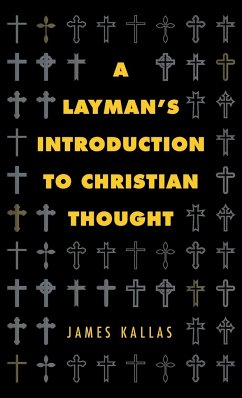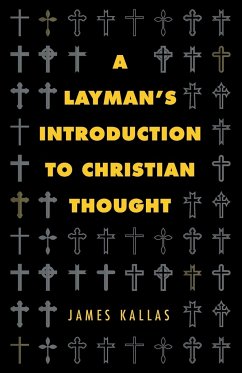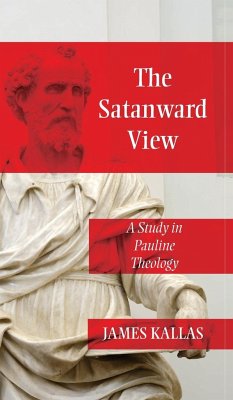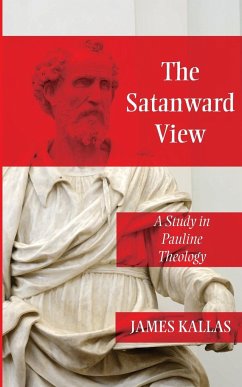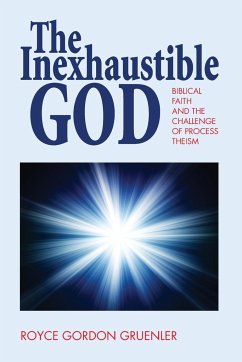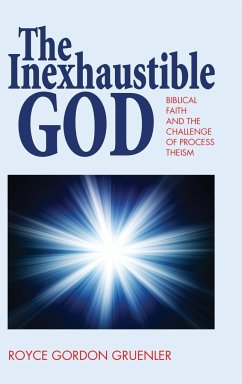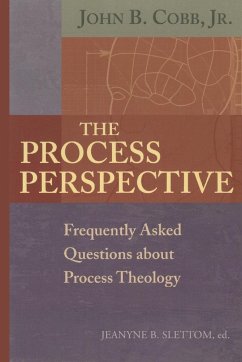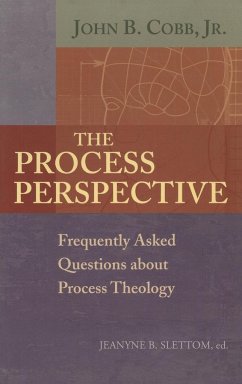""It is not--it cannot be--a case of either/or."" Why have different denominations--all leaning on the Bible--emerged with different emphases? Differing views of sin, of man, of Christ and his work, of the nature and purpose of the church, all seem to be in head-on opposition . . . until the author explains how these opposites are held together in tension. Each of the views is true--but each, by itself, is incomplete. Three basic concepts of sin (Is it rebellion, guilt, bondage--or all three?) lead to the concepts that man must be either a rebel or a slave. The person and work of Christ must also be seen in different ways. Either Jesus came to turn man away from his rebellious ways or he came mainly to atone for man's guilt. Or did he come to rescue man who was helplessly in bondage? For the first time in many centuries, Christians of different faiths are coming together as brothers. Should we seek the lowest common denominator, ignoring our differences, in the quest for unity? The author sees a real threat in trying to choose ""either/or."" ""The different denominations need each other,"" he emphasizes, ""but they need each other as different denominations.""
Hinweis: Dieser Artikel kann nur an eine deutsche Lieferadresse ausgeliefert werden.
Hinweis: Dieser Artikel kann nur an eine deutsche Lieferadresse ausgeliefert werden.

